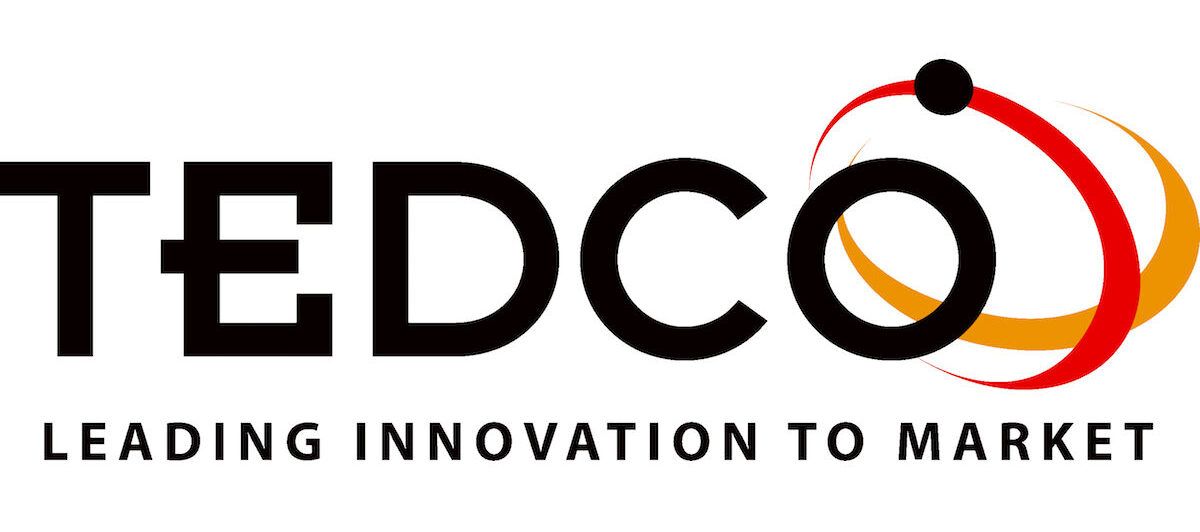APLU Names Three Public Research Universities Winners of 2017 Innovation & Economic Prosperity University Awards
Washington, DC – The Association of Public and Land-grant Universities (APLU) today named three winners of its sixth annual Innovation & Economic Prosperity (IEP) University Awards. The winners – Iowa State University, Kansas State University, and the University of Maryland – competed in four different categories that recognize different components of economic engagement. Iowa State University won the “talent” category and Kansas State University won the “innovation” category. The University of Maryland won both the “place” and top-prize in the competition, the “economic engagement connections” award, becoming the first university to become win IEP University Awards winner in multiple categories or in multiple years.
The winners of the awards, which honor public universities actively engaged in and promoting regional economic development, were announced at the APLU Annual Meeting now underway in Washington, DC.
“Economic engagement is vital to public universities’ mission to advance the public interest,” said APLU President Peter McPherson. “By working with partners, public universities increase their communities’ human capital, innovation, and cultural richness. The IEP Award winners are on the leading edge of those efforts and we’re thrilled to spotlight their exemplary work.”
Economic engagement efforts include universities working with public and private sector partners in their states and regions to support economic development through a variety of activities – innovation and entrepreneurship, technology transfer, industry partnerships, talent and workforce development, and community engagement.
2017 Innovation and Economic Prosperity University Awardees:
- Iowa State University established an ecosystem to incubate startups and advise existing firms, focusing on talent and business development. Last year, the university launched the Pappajohn Center for Entrepreneurship to provide a 10-week summer accelerator program for students. Students pitch business plans, participate in educational sessions, and receive mentoring as they launch businesses. Iowa State’s CyBiz Lab provides interdisciplinary consulting to companies and faculty commercialization efforts, providing students hands-on experience while supporting local businesses. Iowa State also contributes to the state’s talent development through learning and skills development programs for students before they enter college. The university runs the North Central STEM Hub, one of six regional hubs of the Iowa Governor’s STEM Initiative, to spark student interest in the STEM disciplines.
- Kansas State University worked through its Knowledge Based Economic Development partnership to partner with civic and private sector organizations to attract knowledge-based companies to the region, creating hundreds of jobs since it was founded in 2008. The Center for the Advancement of Entrepreneurship provides mentorship, support, and funding to entrepreneurs. In the last academic year, the center awarded over $256,000 in grants to entrepreneurs. Finally, the K-State Institute for Commercialization facilitates technology transfer, strategic partnerships with industry, as well as research and development collaborations. The institute facilitates an average of 350 unique faculty interactions each year. Over the past five years, those interactions have led to nearly $15 million in corporate-generated cash royalties, funded research, and company equity.
- University of Maryland launched a university-wide effort five years ago to deepen the institution’s engagement with the College Park and Prince George’s County communities. Partnering with College Park, Maryland launched the University District Vision 2020 to spur economic development throughout the city. The university has created a Discovery District that will boast technology incubator space, a community Arts House, a new school, and clinical outreach by the School of Public Health. The Discovery District also features facilities that host developing commercialization research clusters in cybersecurity, bioengineering, energy, and advanced manufacturing. Linking campus and College Park to a set of 10 economically diverse cities is a new light rail system.
There were five finalists for the 2017 IEP Awards. In addition to the four winners, finalists included the Georgia Institute of Technology and Pennsylvania State University.
APLU’s Commission on Innovation, Competitiveness, and Economic Prosperity (CICEP), which brings together public university leaders focused on economic engagement issues, designed and implemented the IEP Awards program. CICEP is leading efforts to help public research universities plan, assess, and communicate their work in local and regional economic development using the CICEP “Economic Engagement Framework.” The framework includes tools for university self-assessment, metrics determination, and economic impact analysis.
The IEP University Awards recognize specific emphases in these areas. The “Talent” award honors an institution with exemplary initiatives in education and workforce development; the “Innovation” award honors an institution demonstrating outstanding work in technology transfer, entrepreneurship, and business development; the “Place” award recognizes a university that is excelling in community, social, and cultural development work; and the top-prize “Economic Engagement Connections” category recognizes the institution that is doing the most to build connections between all categories of economic engagement — innovation and entrepreneurship, talent development, and social, community, and cultural development.
To be eligible for an award, an institution must first earn the Innovation and Economic Prosperity University designation from APLU. To receive that designation universities conduct a rigorous self-study of their economic engagement activities that includes input from external stakeholders. As part of the self-study, each institution identified areas for growth and improvement within its economic engagement enterprise and developed an improvement plan. This work demonstrated a commitment to continuous learning and improvement in this kind of engagement vital to universities and their regional partners.
Applications for the designations were scored by a panel of independent reviewers representing other universities and also national partners. Scoring was based on a range of criteria emphasizing universities’ development of their economic engagement enterprise, their planning efforts around economic engagement, strategic communications around these efforts, and participation in encouraging economic engagement among peer institutions. More than 55 institutions have been named IEP Universities designees since the program was launched in 2012.



